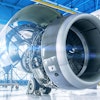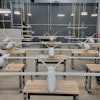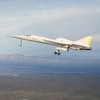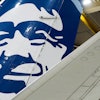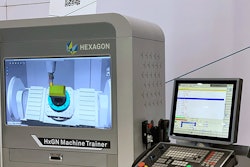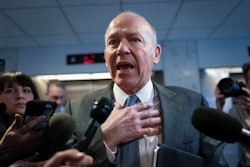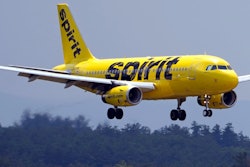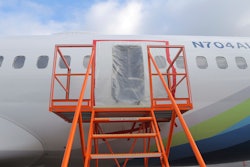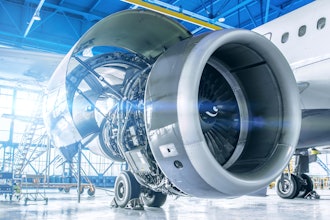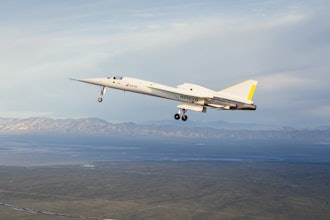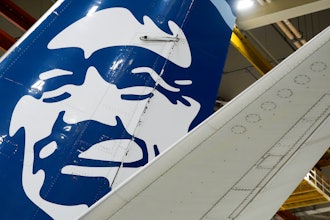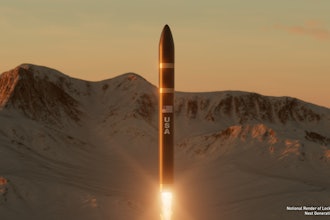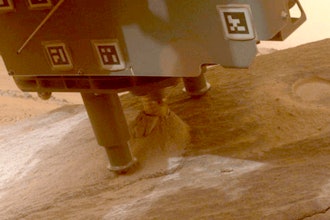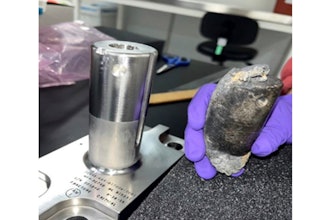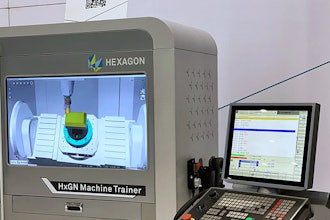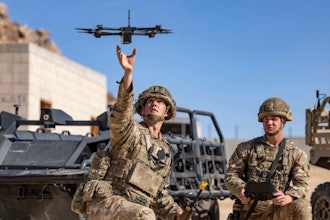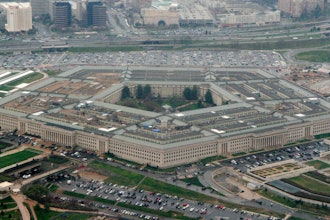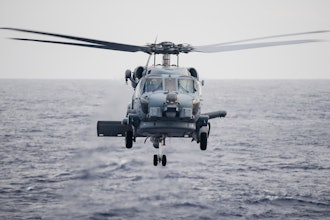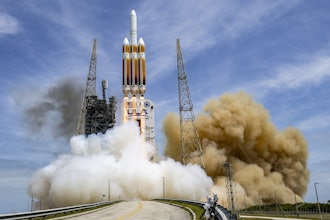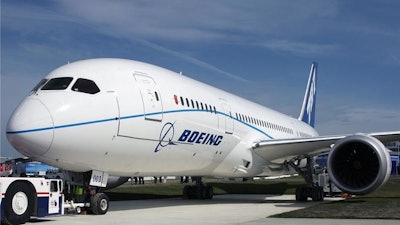
Three former workers at the Boeing plant in Wichita who filed a whistleblower lawsuit against the aircraft maker and one of its suppliers failed to show that Boeing defrauded the U.S. government in a $1.6 billion contract, a federal judge ruled Wednesday.
U.S. District Judge Monti Belot summarily ruled in favor of Boeing and California-based supplier Ducommun Inc., rejecting all claims brought by former employees Taylor Smith, Jeannine Prewitt, and James Ailes.
The 2005 lawsuit claimed Boeing defrauded the U.S. government by using "bogus parts" — parts produced with manually controlled machine tools instead of computerized machine tools — in a contract for 24 737 Next Generation aircraft, and then knowingly and falsely certified that the planes conformed to contract specifications and Federal Aviation Administration regulations.
The Justice Department had declined to intervene in the lawsuit, and investigations in 2002 by the FAA and the Office of Inspector General of the Department of Transportation also found no cause for alarm.
The ex-workers' attorney, Corlin Pratt, said in an email that his clients are "extremely disappointed in the ruling" and are analyzing the 79-page court opinion. Whistleblower lawsuits brought under the False Claims Act triple the damages, meaning the suit would have been worth $4.8 billion if Belot had ruled in favor of the ex-workers.
Boeing and Ducommun had steadfastly maintained the workers' allegations were baseless. Boeing was reviewing the decision Wednesday, and its spokesman had no immediate comment. Ducommun's lawyer referred comment to the company's spokesman, who did not immediately return a phone message.
In granting a summary judgment, Belot noted that the allegations were specifically investigated, reviewed and rejected by the FAA, with the FAA concluding the aircraft parts conformed to the design. Belot also said the FAA has the technical expertise needed to judge compliance with its regulations and impact of manufacturing on public safety.
"Federal judges and juries, by contrast, have no such expertise or restraints, and allowing them to decide whether aircraft are airworthy has the potential to derail the oversight system devised by Congress and implemented by the President," Belot wrote.
Ducommun supplied parts to Boeing's plant in Wichita, where at that time workers assembled them to form aircraft fuselages that were shipped to Renton, Washington, where the planes were assembled.
